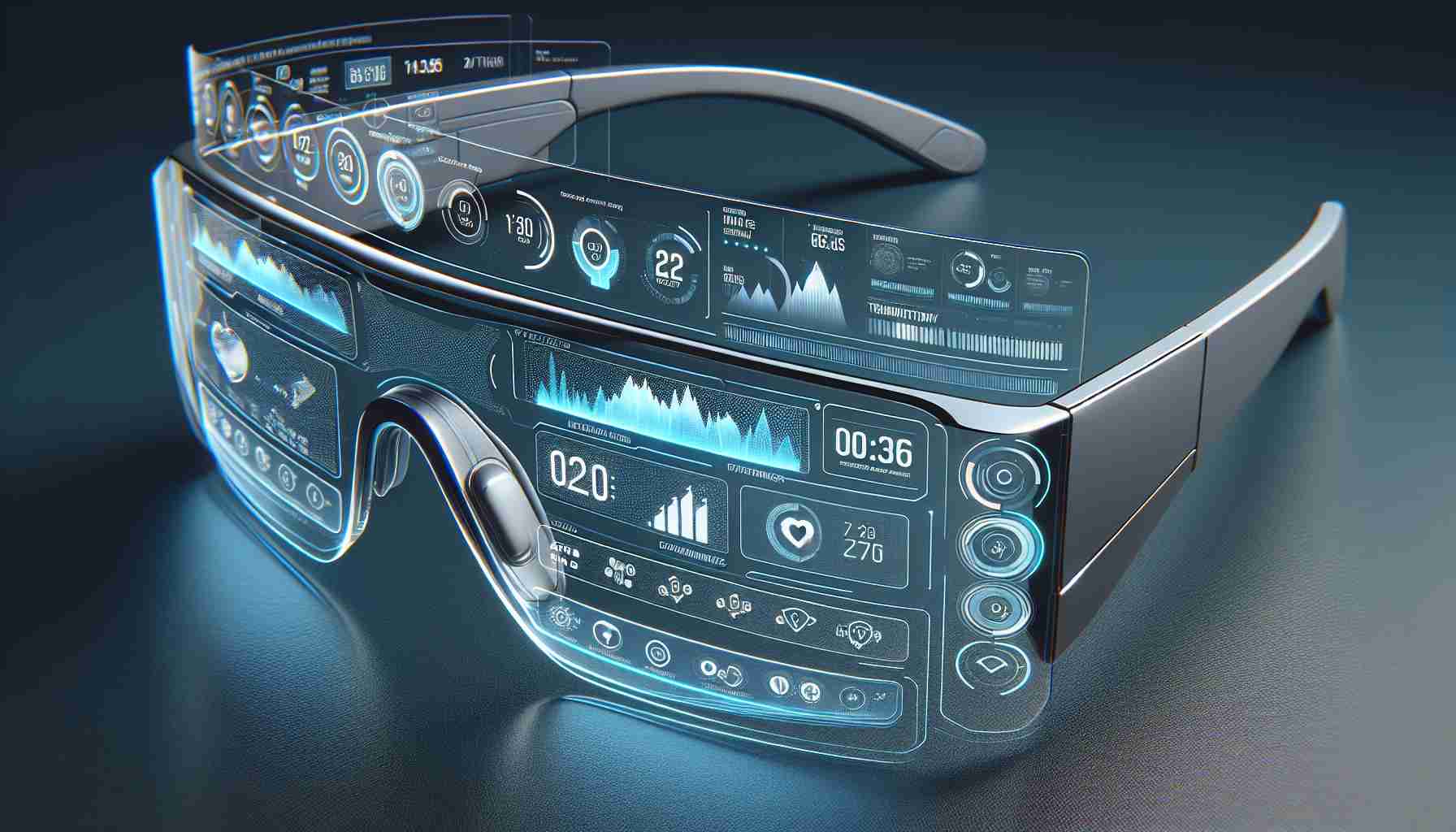In a groundbreaking development, two students from Harvard University, AnhPhu Nguyen and Caine Ardayfio, have successfully transformed a pair of Meta Smart Glasses into a powerful tool for gathering information about strangers encountered in everyday settings.
Named “I-XRAY,” this innovative device utilizes a combination of real-time video streaming and facial recognition technology. The glasses broadcast a live video feed to Instagram, where an application called “PimEyes” monitors the footage to identify faces. Following this, an advanced facial recognition algorithm powered by artificial intelligence extracts and compiles personal data including identities, residential addresses, employment history, and even familial information.
The creators understand the implications of such technology. They emphasize the importance of discussing the ethical considerations surrounding instant access to private data. The duo reflects on whether society is truly prepared for a future where personal information can be accessed with just a glance. They clarify that they do not intend to make the application publicly available, as their primary goal is to showcase the alarming potential of utilizing a simple facial image to reveal sensitive details about an individual.
Through their project, Nguyen and Ardayfio shed light on the delicate balance between technological advancement and privacy rights, urging a thoughtful conversation about the repercussions of widespread data exposure in modern society.
Essential Tips and Life Hacks on Privacy in the Age of Technology
In light of the recent developments concerning the “I-XRAY” smart glasses created by Harvard students AnhPhu Nguyen and Caine Ardayfio, understanding how to navigate technology while protecting your privacy has never been more crucial. Here are some tips, life hacks, and intriguing facts to help you stay informed and safe in this rapidly evolving digital landscape.
1. Know Your Rights: Familiarize yourself with privacy laws in your country and region. Many areas have strict regulations on data collection and usage. Understanding these laws can help you better protect yourself from unauthorized sharing of your personal information.
2. Review Social Media Privacy Settings: Regularly update your privacy settings on social media platforms. Control who can see your information and posts, and be cautious about what you share publicly. The less you share, the less there is to be exploited.
3. Use Disguise Techniques: If you’re concerned about facial recognition technology, consider subtle ways to obscure your identity. Wearing hats, sunglasses, or scarves can help break the biometrics signature to some extent, making it harder for algorithms to identify you.
4. Limit Data Tracking: Most browsers and apps track user behavior for personal data collection. Use incognito mode while browsing, and install privacy-focused browser extensions like ad blockers and anti-tracking tools to safeguard your online activity.
5. Be Cautious with Apps: Before downloading apps, research their data usage policies. Opt for applications that respect user privacy and have transparent practices regarding data handling.
6. Educate Yourself on AI Technology: As AI continues to evolve, keep abreast of news and developments in AI ethics and privacy implications. Understanding how AI systems work will empower you to make informed decisions about the technologies you use.
Interesting Fact: Did you know that approximately 60% of people are not aware of the extent to which their personal information is harvested online? Awareness is the first step to safeguarding your privacy!
7. Promote Awareness: Share information about privacy rights and technology implications with friends and family. An informed community can collaborate to advocate for policies and practices that better protect personal information.
8. Secure Your Devices: Use strong and unique passwords for each device and account. Employ two-factor authentication wherever possible to add an extra layer of protection to your data.
As technology continues to integrate more deeply into our daily lives, the need for privacy awareness becomes increasingly essential. The conversation sparked by Nguyen and Ardayfio’s project serves as a reminder of the fine line between technological innovation and ethical responsibility.
For more insights on privacy and technology, visit privacy.org to explore more about protecting your data in the digital age.








